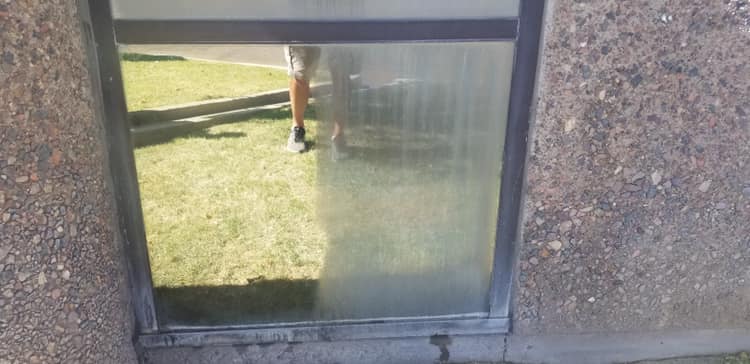Uncategorized
Don’t be soft on hard water
Not taking hard water seriously can create more work for you in the long run.
Water that contains a high amount of minerals, such as calcium, magnesium, iron, zinc and other dissolved minerals is referred to as hard water. These naturally occurring minerals are absorbed by the water on its journey to your tap. The higher the mineral content the harder the water, and water hardness can even vary depending on the season and other factors such as where you are located.
It has been estimated that 85% of Americans have hard water because our groundwater and mountain aquifers are rich in naturally occurring minerals. These minerals don’t typically affect the health of drinking water but they can leave behind unsightly and damaging deposits. Calcium build-up, also known as lime scale, and other mineral deposits can form everywhere from drip pans in your AC unit, to plumbing fixtures, toilet bowls and even exterior windows that get sprinkler overspray. These deposits can look white, chalky or even rusty and they are typically not easy or convenient to remove.
Manganese stains look brownish or black, while iron-rich water leaves deposits of rust. If you notice blue or green stains around your plumbing fixtures, your water may be slightly acidic, which can erode brass or copper pipes.
Scaling from hard water can also provide a surface for bacteria to grow on, increasing the risk of pathogenic bacteria such as Legionella. These deposits will continue to harden over time and can cause blockages that make the fixture less effective and can cause added pressure in the line as water is pushed harder to try to escape blocked passages. Cleaning these areas regularly can help prevent pressure build-up in lines as well as unsightly build-up on surfaces and fixtures. A little maintenance can help reduce the need to replace fixtures and deal with pressure leaks in plumbing lines.
When you choose a cleaner to remove mineral build up, choose one that contains “sequestrants” like phosphoric and hydrochloric acids, gluconates and polymers which encapsulate the minerals in water and keep them in solution. Industrial strength acid replacement products work much the same way and are safer to use. Be cautious with abrasive cleansers, because they can scratch the surface of your plumbing fixtures, sinks and tubs, making hard water deposits build up even faster.

